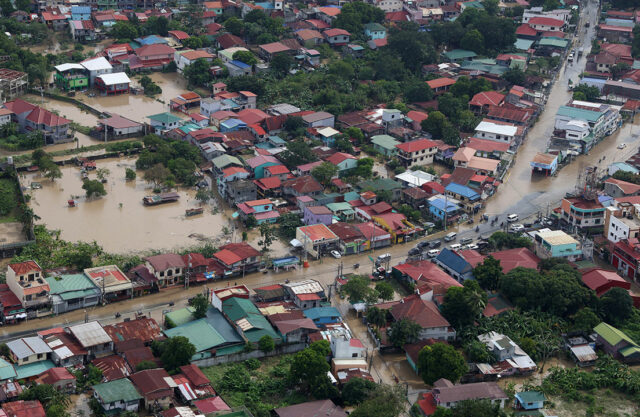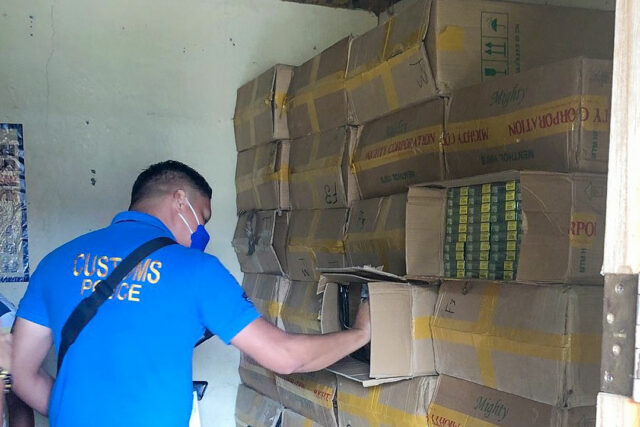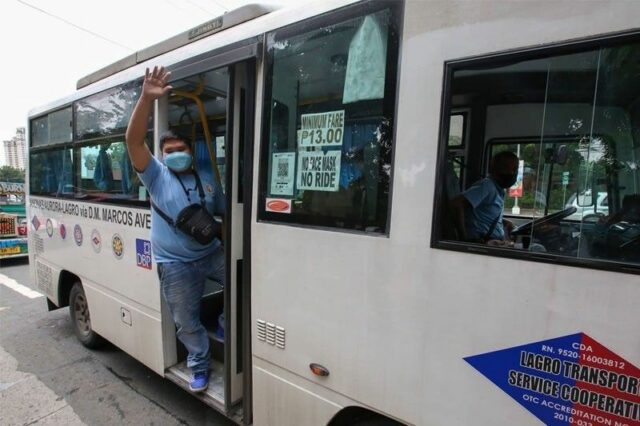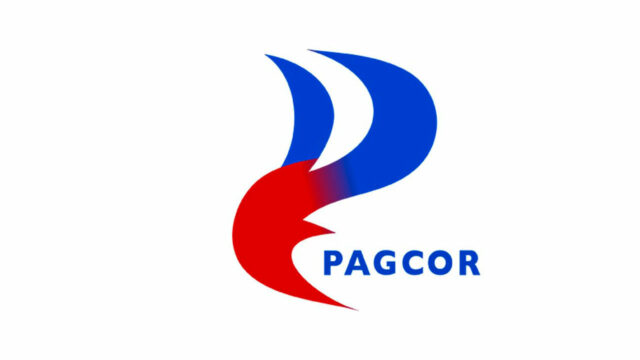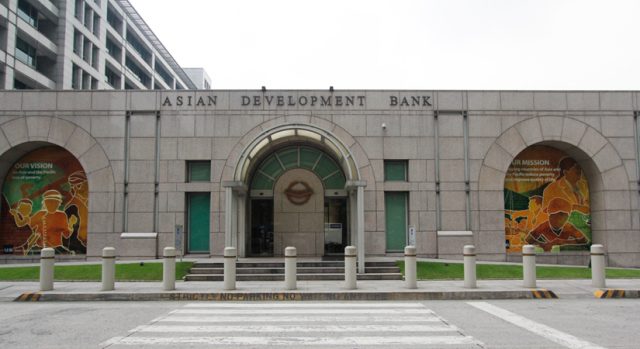Oil firms supply fuel to Bicol
OIL COMPANIES came to the Bicol Region carrying fuel tankers of liquid petroleum products and liquefied petroleum gas (LPG) to provide access to fuel supply for consumers, the Energy department said on Tuesday.
“We assure the Bicolanos that the Department of Energy (DoE) and the oil companies of our strategic action in addressing their needs in the region,” Energy Undersecretary Felix William B. Fuentebella said in a statement.
“We are working tirelessly to expedite the replenishment process and ensure that fuel tankers can deliver additional supplies without delay to keep communities and emergency response operations running smoothly,” he added.
The Bicol Region was among the most affected regions by Severe Tropical Storm Trami, locally known as Kristine, with heavy rain causing floods and landslides.
As of Tuesday morning, a total of 42 tankers containing gasoline and diesel with approximately one million liter and 19 tankers with around 22,000 11-kilogram cylinders have reached provinces of the Bicol Region. This includes Albay, Camarines Sur, Camarines Norte, Sorsogon, and Masbate.
The LPG cylinders can supply 22,000 households and could last for about two to three weeks, while the petroleum products are enough to fuel around 25,000 units of ambulances.
The DoE said that 180 out of 236 retail outlets in the region are operational and able to supply fuel to communities and responders.
It said it has coordinated with oil companies to facilitate the immediate replenishment of stocks at the remaining 56 outlets that are currently non-operational.
According to DoE, oil firms that joined the fuel caravan are Petron Corp., Shell Pilipinas Corp., Chevron Corp., TotalEnergies Philippines, Phoenix Petroleum Philippines, Inc., Unioil Petroleum Philippines, Inc., Jetti Petroleum, Inc., Seaoil Philippines, Inc., and Isla Petroleum & Gas Corp. — Sheldeen Joy Talavera

